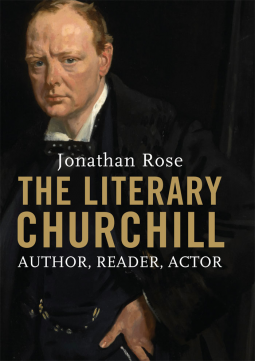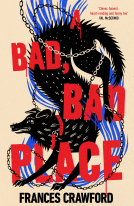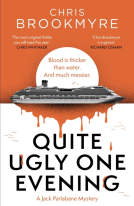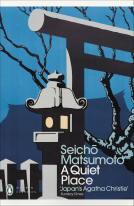
The Literary Churchill
Author, Reader, Actor
by Jonathan Rose
This title was previously available on NetGalley and is now archived.
Send NetGalley books directly to your Kindle or Kindle app
1
To read on a Kindle or Kindle app, please add kindle@netgalley.com as an approved email address to receive files in your Amazon account. Click here for step-by-step instructions.
2
Also find your Kindle email address within your Amazon account, and enter it here.
Pub Date 12 May 2015 | Archive Date 28 Apr 2015
Yale University Press, London | Yale University Press
Description
Advance Praise
No Advance Praise Available
No Advance Praise Available
Marketing Plan
No Marketing Info Available
No Marketing Info Available
Available Editions
| EDITION | Paperback |
| ISBN | 9780300212341 |
| PRICE | £12.99 (GBP) |






